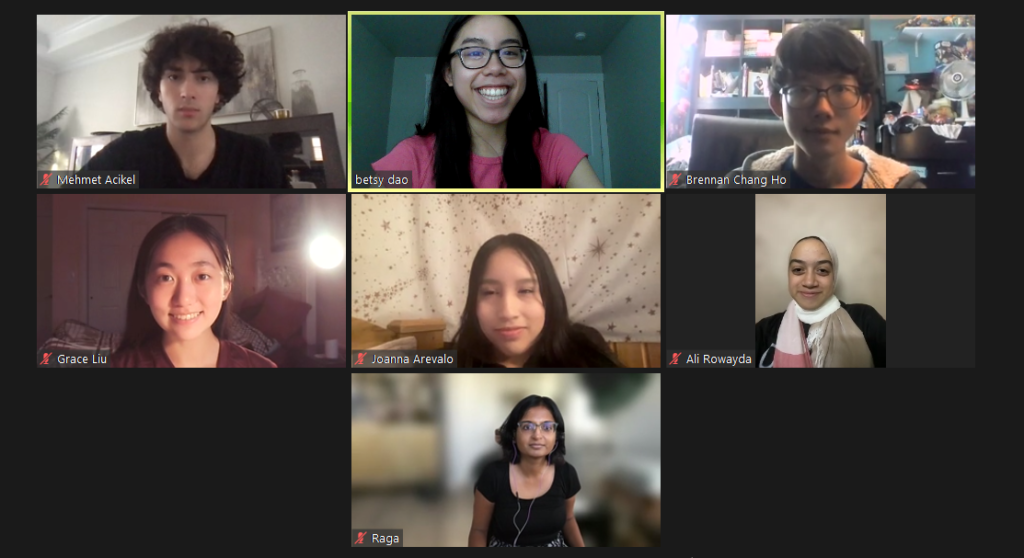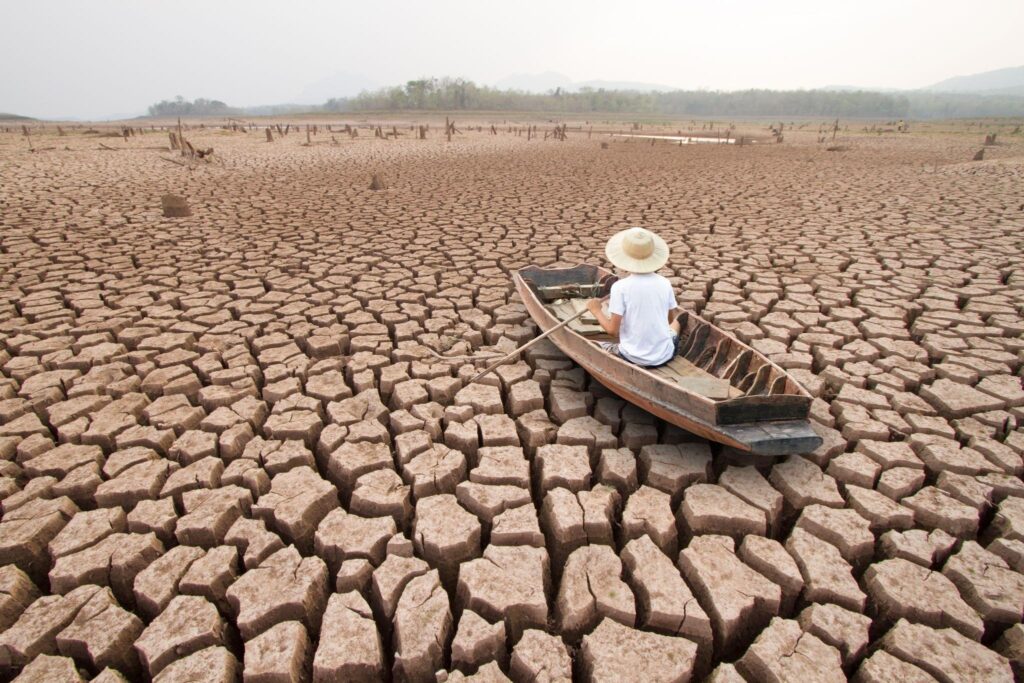A Telemedicine App for Rural Communities
Winners of the Junior Academy Innovation Challenge Fall 2022: “Public Health Impacts of Climate Change.”
Published December 21, 2023

In Fall 2022, 42 international teams of high school students participated in a Junior Academy Challenge. Their goal was to find innovative solutions for the multiple impacts of climate change on human health.

The winning team, MiHealth — comprised of Betsy D. (United States, Team Lead), Joanna A. (United States), Mehmet A. (United States), Grace Chenxin L. (United States), Brennan C. (United States), and Rowayda A. (Egypt) — opted to focus on the Miami area’s prolonged exposure to heatwaves, chosen because of Miami’s high level of poverty in underserved communities with limited access to quality healthcare. The team worked under the guidance of mentor Raga Krishnakumar (United States).
In particular, the team noted that in the South Florida area, where access to healthcare is acutely below state and national averages, African Americans and Latinos are among the most underserved communities. Southern U.S. states like Florida face a growing number of days in which temperatures reach above 100oF.
Miami Dade county, for example, currently endures 50 very hot days per year. This number is expected to rise to 91 within the next thirty years. According to the Center for Disease Control, exposure to extremely high temperatures increases risks for patients suffering from hypertension, heart disease, angina and stroke.
“I chose this challenge because I intend to pursue medicine and felt that it connected well with climate change,” explains Mehmet. The health risks caused by climate change also resonated with fellow team member Brennan, who was taking part in his third Junior Academy challenge. “I believe health and climate change are a huge problem in the world. Everyone is affected by it and finding solutions as quickly and efficiently as possible should be the world’s priority,” he says.
Developing an App for Underserved Communities
The team designed an ingenious, easy-to-use app called “MiHealth (Miami Health).” The app delivers telemedicine services to underserved communities. Specifically, it aims to serve rural, poor or crowded areas in southern Florida. Here access to quality healthcare is limited. Team Lead Betsy found the experience of cooperating remotely with other students very rewarding.
“I have always been researching and wanting to make a change in the world through science and medicine. These passions have led me to take on the challenge of solving public effects of climate change”, she explains.
Aside from limited access to medical professionals, the team also identified the lack of access to ambulances or air-conditioned transportation as a key issue. Stepping outside in the searing heat may pose a significant danger for vulnerable patients. Cost, too, is a major concern for socio-economically disadvantaged communities.
Developing the app required hard work and intense consultations among team members, supported by their mentor. The app offers pre-hospitalization diagnosis, information on preventative measures, and a telecardiology feature to monitor heat-induced heart disease.
Utility Beyond Southern Florida
It also monitors local temperature and links users to medical resources available in their vicinity. While their project focused on the Miami area, the team believes their innovative approach could be rolled out nationwide to help vulnerable populations gain access to healthcare resources.
“Working on the public health impacts of climate change has greatly expanded my knowledge, particularly about heat waves, their causes, and how they can affect the human body in Miami and other parts of the world,” says Rowayda.
“It’s been an insane journey,” says Joanna. “Through constant zoom meetings, coding sessions, and researching, I’ve not only fostered my current skills, but I’ve learned new ones and created new memories with such amazing people.”
MiHealth team members worked hard throughout the semester. The were delighted when their innovative solution was chosen as the winning project.
“I’m incredibly grateful to NYAS and the Junior Academy for offering a global platform for collaborating on such critical issues,” says Grace. “Knowing that we can change the world together is unbelievable, one-of-a-kind, and empowering!”
The Junior Academy was supported by the Stevens Initiative, which is sponsored by the U.S. Department of State, with funding provided by the U.S. Government, and is administered by the Aspen Institute.
